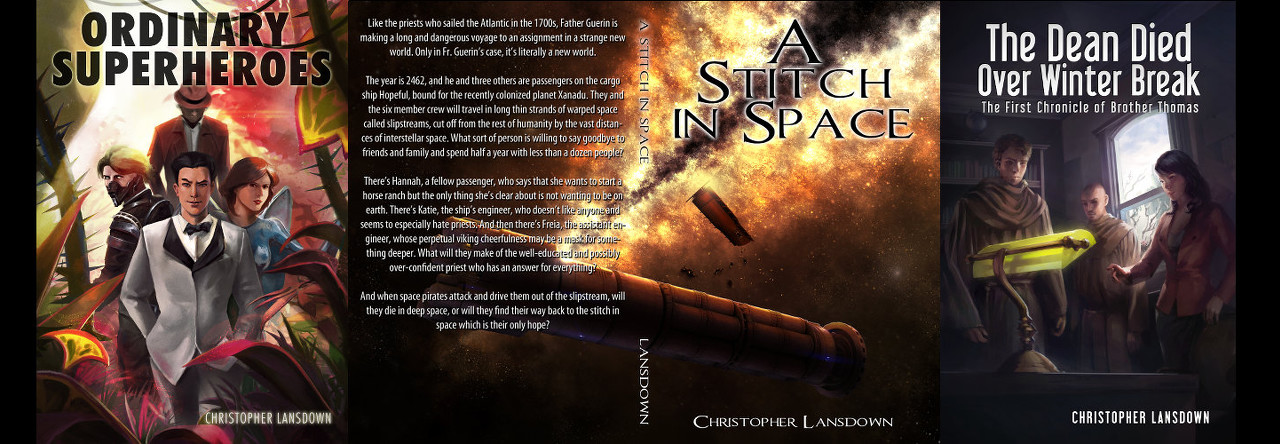I once heard a story which I have dearly loved ever since. It was originally told as a joke, I believe, but I think it actually captures an important theological insight:
Some time in the seventeenth century a naturalist, funded by the crown, returned from one of his voyages and came to an audience before the Queen, who was the one principally responsible for his being funded. After he recounted some of his more interesting discoveries the Queen asked him, “And what have your investigations into the natural world taught you about the Creator?” The naturalist paused for a moment to consider, then replied, “That he has an inordinate fondness for beetles.”
Beetles currently comprise about 25% of known life-forms and 40% of all known insects, with new species of beetles being described all the time (currently there are around 400,000 described species of beetles). Clearly, God loves beetles. But humans who love beetles are considered quite weird: in movies they’re usually played by scrawny guys wearing glasses and bad haircuts and given dialog which proves in every line that they have neither social skills nor friends. And in fairness, God does stand alone; “from whom does God take counsel?” and all that. But the critical difference is, of course, why.
Human beings, being fallen creatures, love things primarily out of need. We are a dying species in a dying world, and we seek scraps of life wherever we can get them. This is almost a literal description of eating food, but it is more relevantly a description of the things we enjoy. We go on hikes because the beauty of trees and rocks and sunshine fills us up for a little while. We go on roller coasters because the rush of power reminds us for a moment that we are alive. We’ll even go to the ruins of ancient buildings made by long-dead hands because, remote as it is, we can feed on the crumbs of life which spilled over when someone was so filled with life that he built something only that it might exist. Art, when it is not purely commercial, is an act of generosity, and therefore life, because things are generous precisely to the degree that they live.
God stands apart because God is fully alive, and therefore needs nothing. He is not just fully alive, he is life itself, or as Saint Thomas Aquinas put it, the “subsistent act of to be”. (Subsistent in this case meaning to be in itself, rather than in another as a subject; the terms of scholastic philosophy are rather specialized.) God loves things in a purely generous way. He does not love anything because it is interesting; it is interesting because he loves it. When Saint John famously said, “God is love”, that might reasonably be rendered, “God is generosity”. Generosity, after all, comes from the same root as “generate”.
God loves all things into existence that he may give them more and bring them from potentiality into full actuality with him in his eternal actuality, which is why God does not disdain the smallest thing. We disdain the small things because our needs are so great; God needs nothing, and so he disdains nothing. God is interested in everything because his ability to give is so great.
God loves beetles, and he even loves the dung which the dung beetles feed on. There is no spec of dust on any cold and lonely planet so far from its sun that the sun just looks like another star in its sky which is not immediately in the presence of God. Most of our lives are made up of mundane moments no one would ever make a movie about; perhaps we can all take comfort, as we trudge through the details of everyday life, from the fact that God is inordinately fond of beetles. For it means that the smallness and dullness of our lives is only a defect in our sight.
